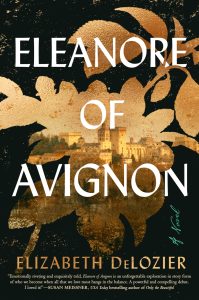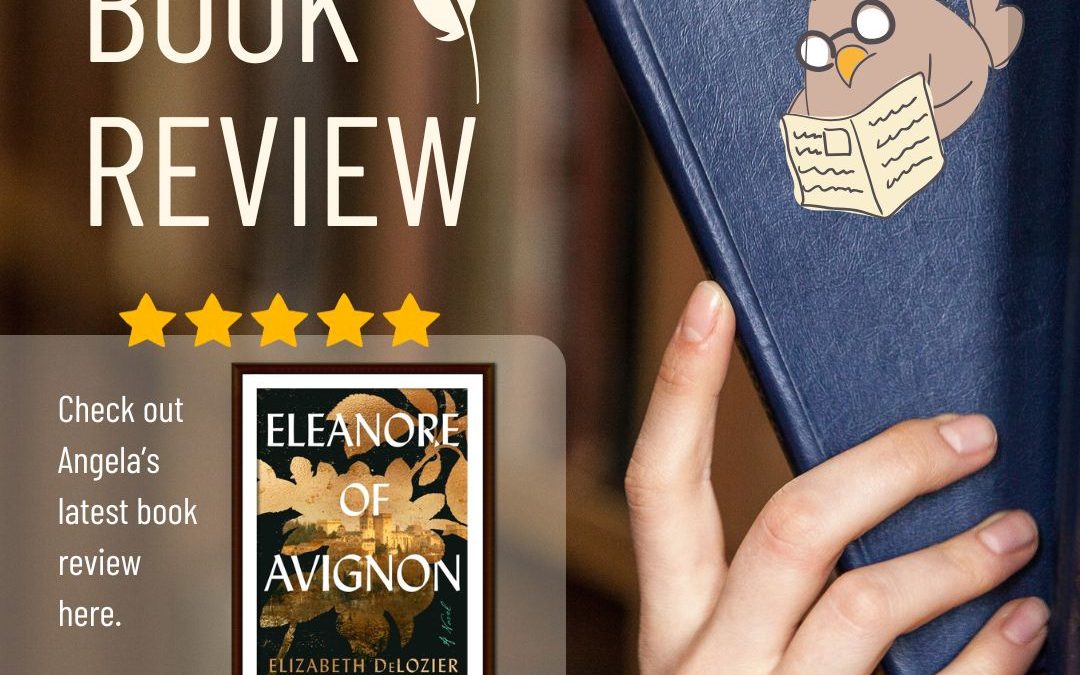 Provence, 1347. Eleanore (Elea) Blanchet is a young midwife and herbalist with remarkable skills. But as she learned the day her mother died; the most dangerous thing a woman can do is draw attention to herself. She attends patients in her home city of Avignon, spends time with her father and twin sister, gathers herbs in the surrounding woods, and dreams of the freedom to pursue her calling without fear.
Provence, 1347. Eleanore (Elea) Blanchet is a young midwife and herbalist with remarkable skills. But as she learned the day her mother died; the most dangerous thing a woman can do is draw attention to herself. She attends patients in her home city of Avignon, spends time with her father and twin sister, gathers herbs in the surrounding woods, and dreams of the freedom to pursue her calling without fear.
In a chance encounter, Elea meets Guigo de Chauliac, the enigmatic personal physician to the powerful Pope Clement, and strikes a deal with him to take her on as his apprentice. Under Chauliac’s tutelage she hones her skills as a healer, combining her knowledge of folk medicine with anatomy, astrology, and surgical techniques.
Then, two pieces of earth-shattering the Black Death has made landfall in Europe, and the disgraced Queen Joanna is coming to Avignon to stand trial for her husband’s murder. She is pregnant and in need of a midwife, a role only Elea can fill.
The queen’s childbirth approaches as the plague spreads like wildfire, leaving half the city dead in its wake. The people of Avignon grow desperate for a scapegoat and a group of religious heretics launch a witch hunt, one that could cost Elea—an intelligent, talented, unwed woman—everything.
Genre: Historical Fiction
Publication Date: November 5, 2024
Angela’s Review
I cannot believe this novel was the first written by this author. What an amazing book! The characters, and more specifically the relationships of the characters, were well drawn. I loved every character, even the one I hated. My favorites were Paolo, Guigo, and the Queen.
I also felt the echoes of the COVID pandemic within this book and Eleanor and Guigo’s struggles as they tried to figure out how to deal with the Black Plague, the tireless research, and feelings of helplessness with the people who succumbed. One of my favorite glimpses of this is Elea’s attempt at encouraging herself after searching through Guigo’s books: “Surely medicine has come so far in the last five hundred years, all it will take is one breakthrough–one brilliant reading of an ancient text in which a cure or cause is illuminated–and we shall stop this disease in its tracks.” That same helplessness should feel similar for any reader with the capacity to feel empathy. I should not have been surprised to read in the Author’s Note in the end that this was in fact quite intentional by Elizabeth DeLozier, even if the idea of the novel came before the pandemic.
I loved this book and I had a hard time putting it down for even a minute. I give this novel a strong 5 stars.

